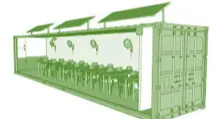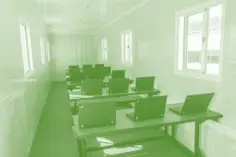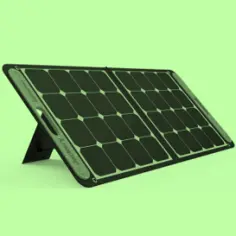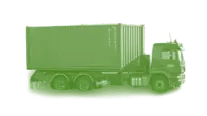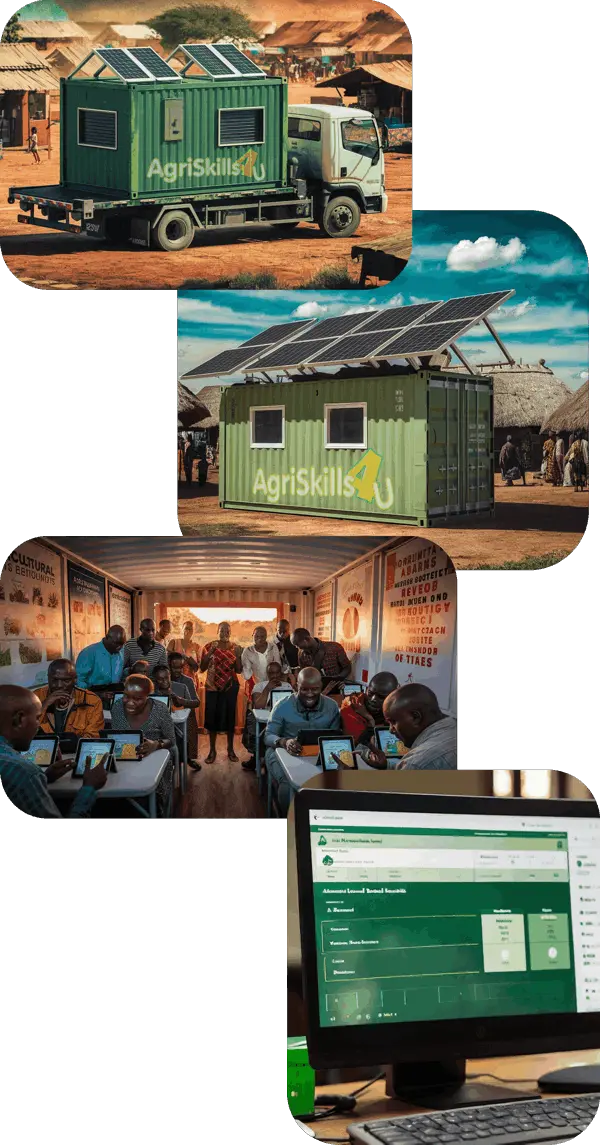
Our Schools & Rural Reach Container Concept - Seeking Sponsorship to Empower Rural Communities
The impact of agricultural training in rural communities cannot be overstated. It is a crucial step towards achieving sustainable development in these areas.
By sponsoring our Rural Reach Container Concept, you will be helping to improve the productivity and efficiency of local farms. With the right agricultural knowledge and techniques, farmers can produce more crops using fewer resources, resulting in increased income and food security for the region.
Moreover, your sponsorship will help rural communities to adapt to changing environmental conditions. With the threat of climate change, training on sustainable farming practices such as conservation agriculture or permaculture is vital. This will enable farmers to reduce their impact on the environment and build resilience against natural disasters.
Sponsoring our Rural Reach Container Concept will also help preserve local food traditions and cultural heritage. Rural communities often have long histories of farming and traditional food production methods. By providing training on these methods, we can continue to celebrate and promote local foods while sharing the modern approaches and knowledge with others.
Lastly, by empowering rural communities with agricultural skills, we can create job opportunities and support the development of rural economies. This, in turn, will stimulate economic growth in the region and improve the livelihoods of the people living there.
In conclusion, sponsoring our Rural Reach Container Concept is a powerful way to support sustainable development and make a significant impact in rural communities. Your sponsorship will enable us to provide training that is crucial for fostering food security, cultural preservation, and economic growth in these areas.
Data Collection
With a built-in Network, and a server per container, once the project is ongoing, collect live data as per how learner / member go through the training. Filter by Gender, Age etc. Break down and assess the impact of your investment by any capturable variable.
Provide Incentives
Based on data collected, provide communities with incentives e.g. Boreholes, Supplier agreements etc.
Or provide individual awards to the best learner.
